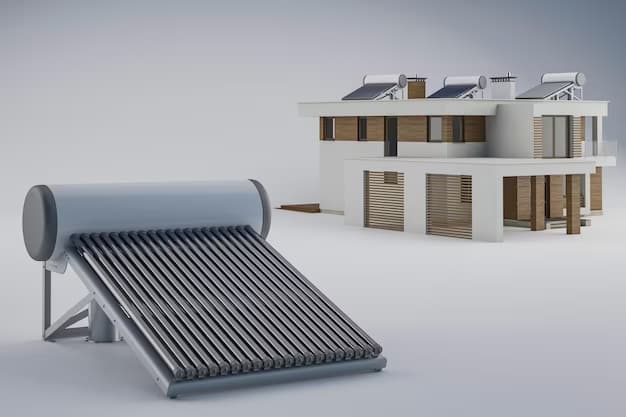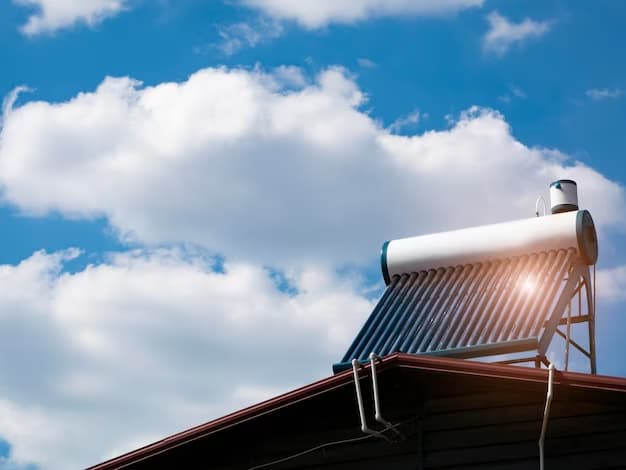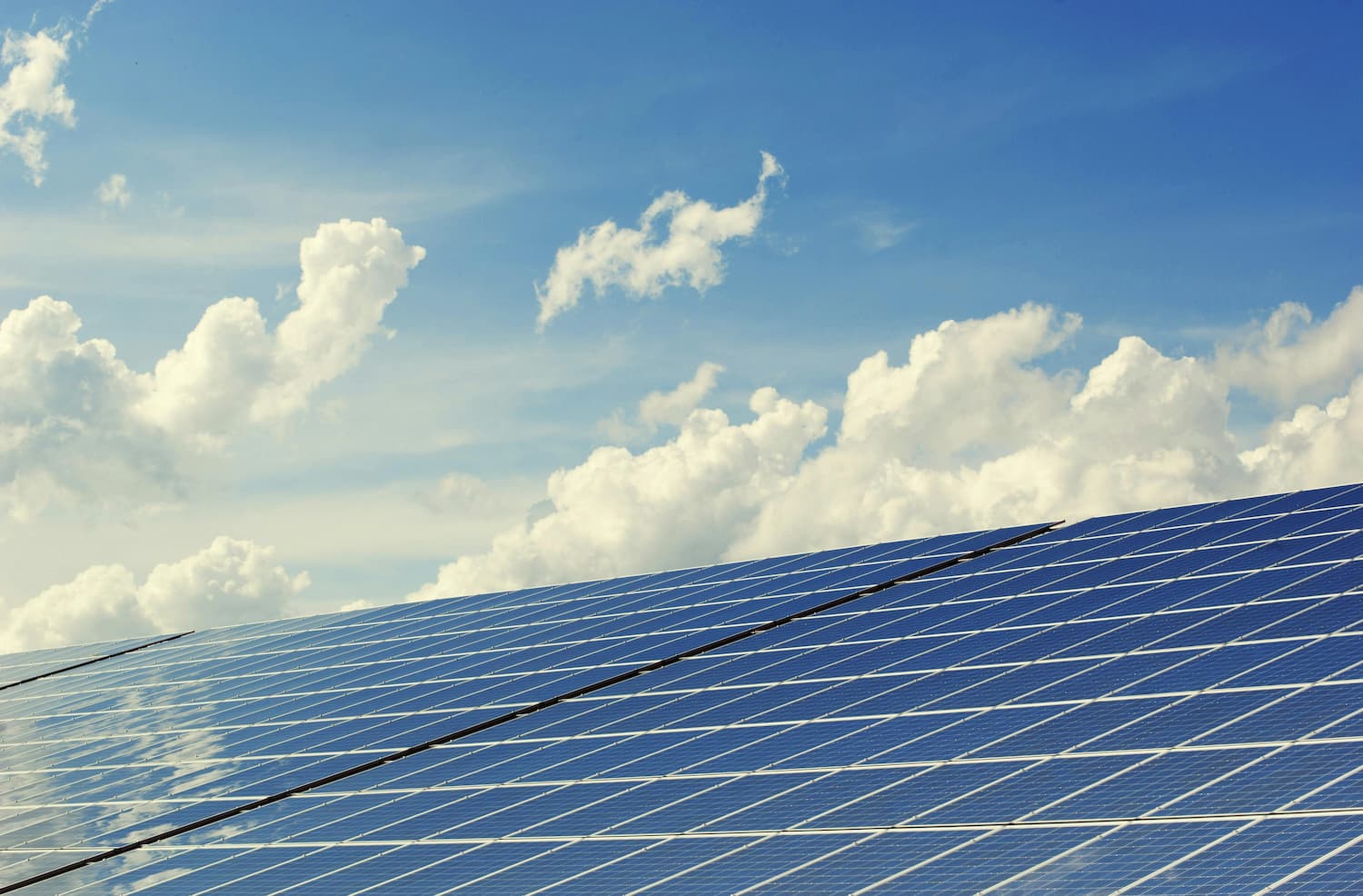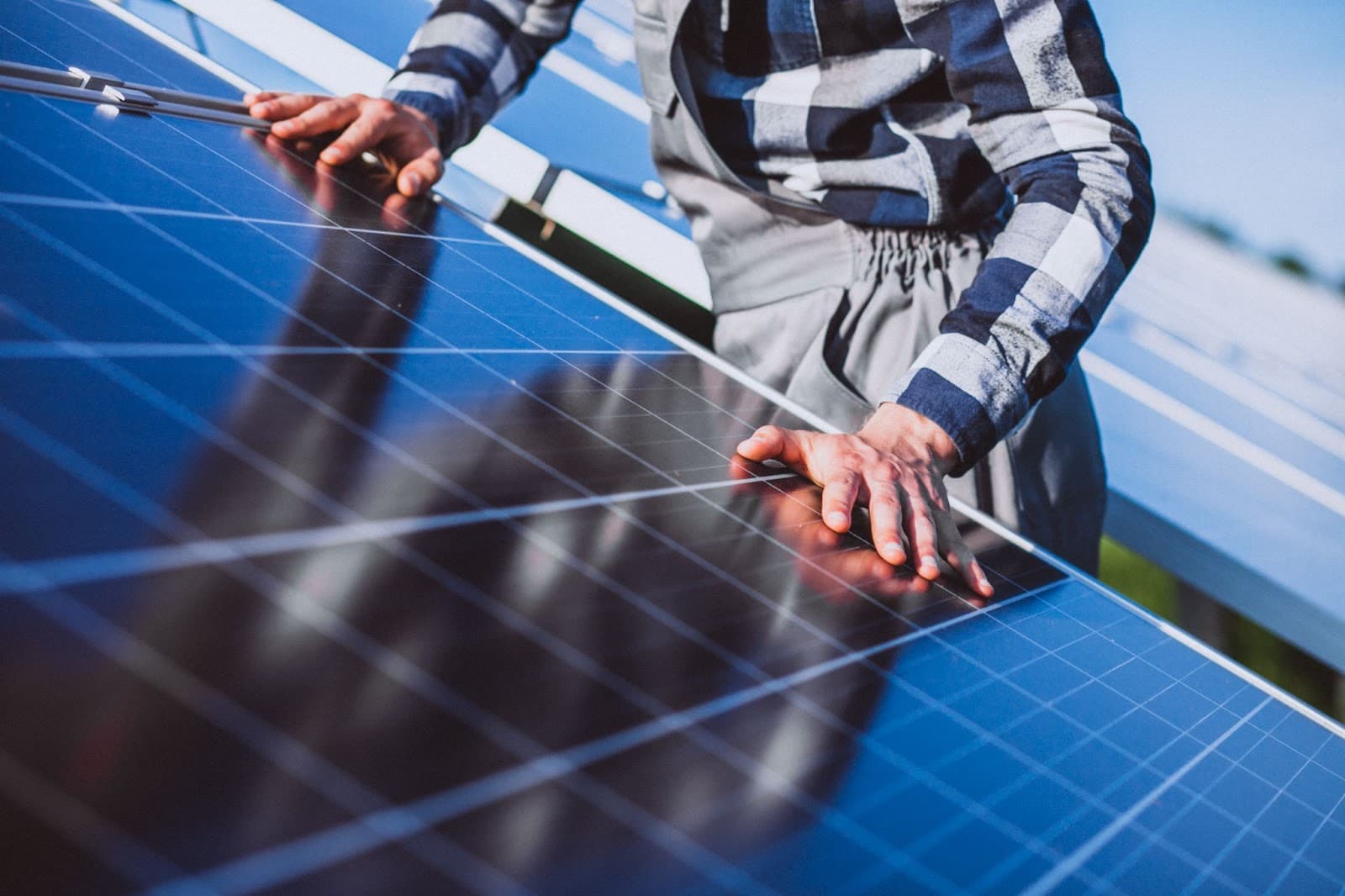Exploring the Pros and Cons of Solar Water Heaters
Solar water heaters harness energy from the sun to heat water for various domestic and commercial purposes. These systems have gained popularity due to their potential to reduce energy bills and carbon footprints. However, like any technology, solar water heaters have their pros and cons. Let’s explore them in detail.
How Solar Water Heaters Work
Before diving into the pros and cons, it’s essential to understand how solar water heaters operate. These systems typically consist of solar collectors, a heat transfer fluid, a heat exchanger, and a storage tank. Here’s a simplified overview:
- Solar Collectors: These panels or tubes absorb sunlight and convert it into heat.
- Heat Transfer Fluid: A liquid or gas (e.g., antifreeze or water) circulates through the collectors, absorbing heat.
- Heat Exchanger: The heat transfer fluid passes through a heat exchanger, transferring its heat to the water in the storage tank.
- Storage Tank: Heated water is stored in an insulated tank until needed.
- Usage: When you turn on a hot water tap or use hot water in your appliances, the preheated water from the storage tank is drawn in, reducing the need for conventional water heating.
Now that you have a basic understanding, let’s explore the pros and cons of solar water heaters.
Pros of Solar Water Heaters
Cost Savings
Pros:
- Significant Reduction in Energy Bills: Solar water heaters can save you money by reducing your reliance on electricity or gas for water heating. This translates to lower energy bills over time.
- Government Incentives: Many governments offer financial incentives, tax credits, and rebates to encourage the installation of solar water heaters, further lowering the upfront costs.
Environmental Benefits
Pros:
- Reduced Carbon Footprint: Solar water heaters are eco-friendly and produce hot water using renewable energy from the sun. By using them, you can significantly reduce your carbon emissions.
- Conservation of Fossil Fuels: Using solar energy for water heating decreases the demand for fossil fuels, helping conserve these finite resources.
Energy Independence
Pros:
- Less Vulnerability to Energy Price Fluctuations: Solar energy is free and abundant. By installing a solar water heater, you become less susceptible to fluctuations in energy prices.
- Reliable Hot Water Supply: Solar water heaters provide hot water even during power outages, ensuring a continuous supply for your household.
Low Maintenance
Pros:
- Minimal Maintenance: Solar water heaters are known for their durability and low maintenance requirements. Routine check-ups and occasional cleaning are usually all that’s needed.
- Long Lifespan: These systems have a long lifespan, often exceeding 20 years, making them a sound investment.
Government Incentives
Pros:
- Financial Incentives: Governments worldwide are incentivizing the adoption of solar technology. You may be eligible for tax credits, rebates, or grants, making the initial cost more manageable.
- Increased Property Value: Solar water heaters can boost your property’s resale value, making them a wise investment for homeowners.
Cons of Solar Water Heaters
High Initial Cost
Cons:
- High Upfront Investment: Solar water heaters require a significant initial investment, which can be a barrier for some homeowners.
- Payback Period: It may take several years to recoup the upfront costs through energy savings.
Weather Dependency
Cons:
- Weather Impact: Solar water heaters depend on sunlight. Cloudy days or bad weather can reduce their efficiency.
- Seasonal Variations: Solar water heaters may provide less hot water during the winter months, when days are shorter and sunlight is scarce.
Space Requirements
Cons:
- Physical Space: Solar collectors and storage tanks can take up substantial space, which may not be feasible for homes with limited room.
- Aesthetics: Some homeowners may find the appearance of solar panels unappealing.
Installation Challenges
Cons:
- Installation Complexity: Solar water heater installation can be complex and may require modifications to your existing plumbing and electrical systems.
- Professional Installation: It’s advisable to hire professionals for installation, adding to the overall cost.
Backup Systems
Cons:
- Need for Backup: Solar water heaters may require a backup system, such as an electric or gas heater, for cloudy days or increased hot water demand.
- Additional Costs: Installing a backup system can add to the overall expense.

Pros and Cons of Solar Water Heaters
| Pros | Cons |
|---|---|
| Environmentally friendly, reduces carbon footprint | High upfront installation costs |
| Significant reduction in energy bills | Weather-dependent, less efficient in winter |
| Eligible for tax credits and incentives | Requires adequate sun exposure |
| Low maintenance and long lifespan | Initial investment may take years to recoup |
| Provides energy independence | May require additional space for installation |
| Reduces reliance on non-renewable fuels | Backup heating system may be necessary |
| Adds value to the property | Installation complexity in some cases |
This table provides a quick overview of the advantages and disadvantages of solar water heaters, helping readers make informed decisions.
Types of Solar Water Heaters
Before making a decision, it’s crucial to understand the two primary types of solar water heaters: active systems and passive systems.
- Active Systems
Active systems use pumps to circulate the heat transfer fluid between the collectors and the storage tank. They are efficient, but more complex and costly to install.
- Passive Systems
Passive systems rely on natural convection to circulate the heat transfer fluid. They are simpler and less expensive, but may be less efficient.
Video Guide
To finally answer all your questions, we have prepared a special video for you. Enjoy watching it!
Conclusion
In conclusion, solar water heaters offer numerous benefits, including cost savings, environmental advantages, and energy independence. However, they also come with some drawbacks, such as the high upfront cost and weather dependency. Choosing the right system depends on your specific needs, location, and budget. Before making a decision, it’s advisable to consult with a solar professional who can assess your situation and provide tailored recommendations. Solar water heaters have the potential to be a valuable addition to your home, contributing to both your financial savings and your environmental footprint reduction.









